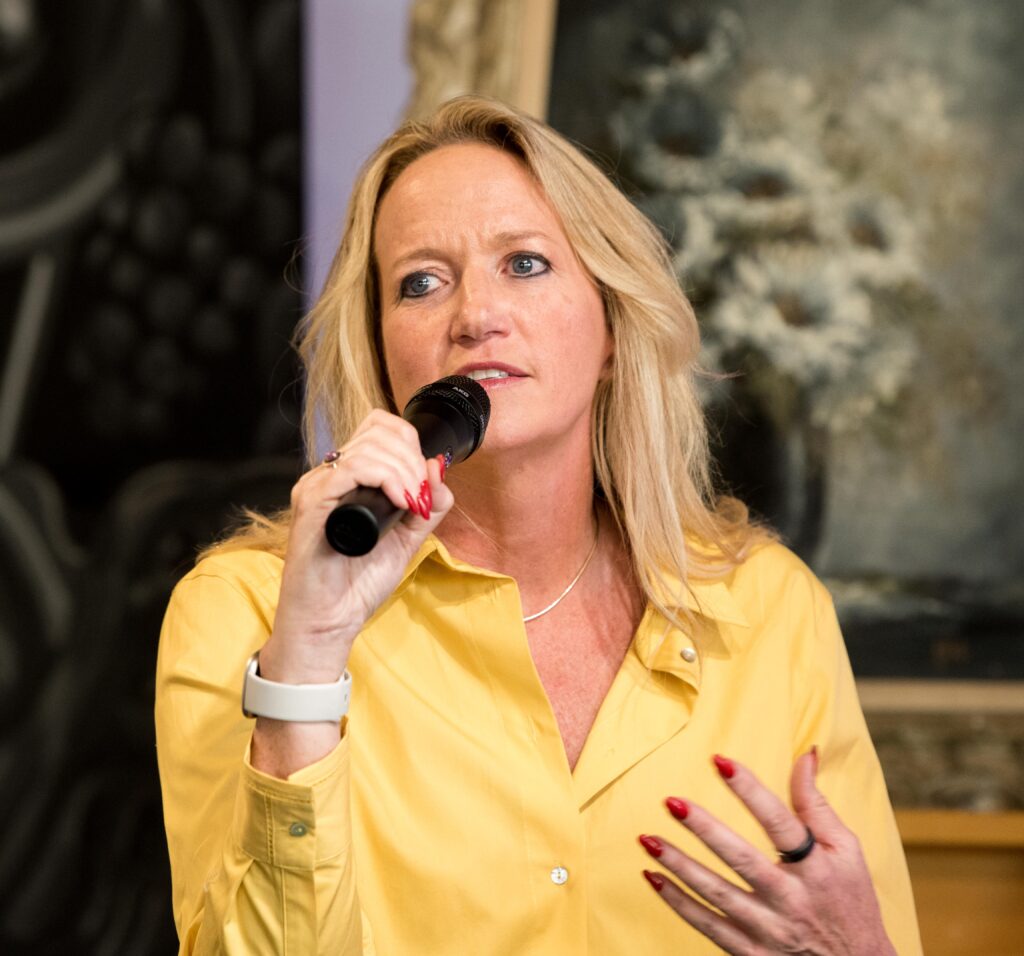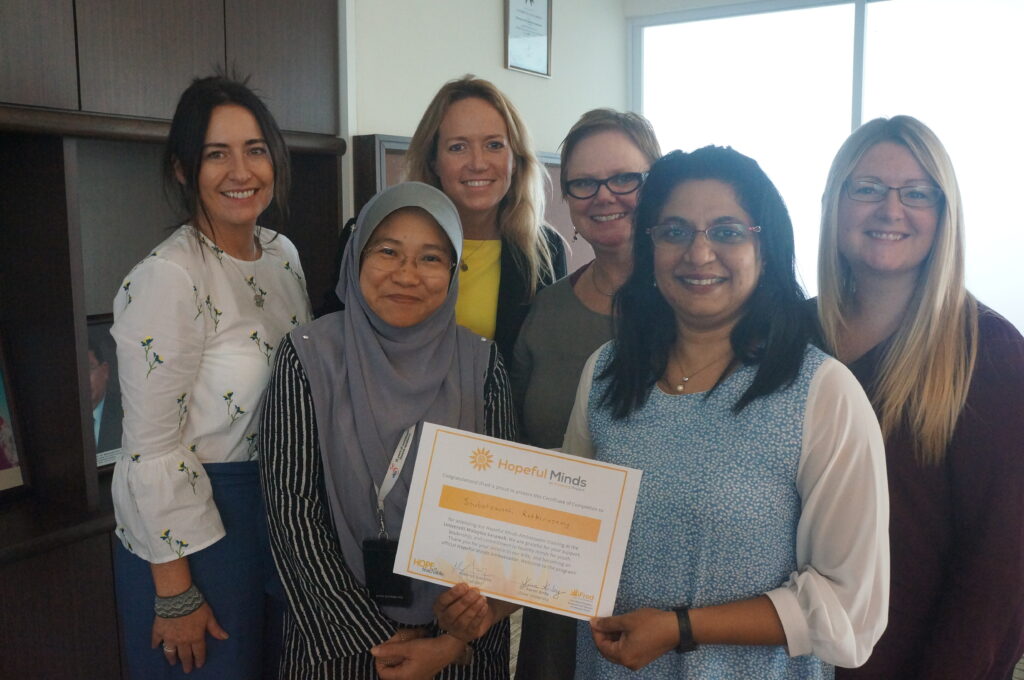Our Research
Our Founder has been working on mental health strategy the past 20 years, with a focus on Hope the past ten. She has been studying Hope globally for the last 10 years, conducting focus groups, doing interviews, conducting secondary research, and conducting primary research. We aim to continue improving our research with your help on our programs.


In our research endeavors to date, Kirby et al. (2021) explored the efficacy of the “Hopeful Minds” curriculum, revealing substantial enhancements in various aspects of well-being among children. Specifically, improvements were observed in anxiety, depression, resilience, emotional regulation, social support seeking, and self-care.
Furthermore, Ghazali et al. (2021) conducted a study focusing on primary school children in Malaysia, demonstrating that Hope education significantly decreased depression symptoms and enhanced negative emotion regulation. Another study by Kirby et al. (2021) emphasized the positive impact of the “Hopeful Minds” program, showcasing increased emotional insight, resilience, confidence, and the development of new coping skills among 8-14-year-olds.

